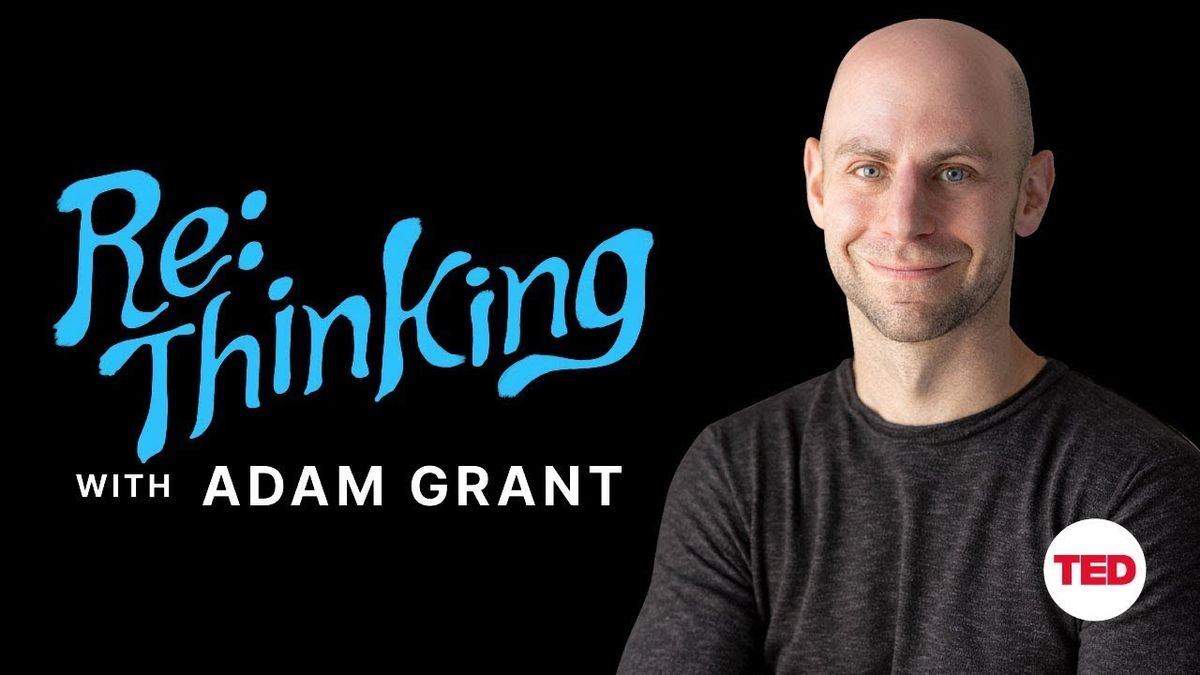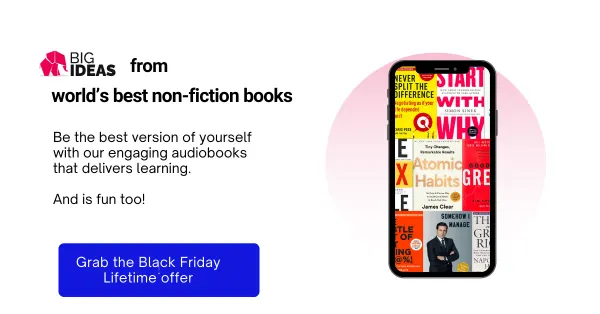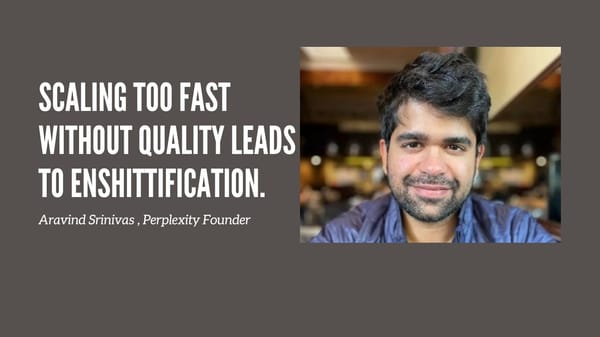Mark Cuban doesn’t believe in following your passions | ReThinking with Adam Grant

In a riveting conversation with Adam Grant, Mark Cuban, the serial entrepreneur and owner of the NBA’s Dallas Mavericks, shares his unique insights on entrepreneurship, the healthcare industry, and the future of work.
He discusses his latest venture, Cost Plus Drugs, an online pharmacy aiming to disrupt the healthcare industry by making prescriptions more affordable and transparent.
Culture and chemistry are critical to success. Like this year with the Mavs, we had pretty much the same team as we had the year before, but Jason Kidd came in and set certain expectations and was a better communicator… that allowed us to go much further than people expected us to go. – Mark Cuban
Trust as a Competitive Advantage
Cuban emphasizes the importance of trust in the healthcare industry.
He believes that even if competitors copy their business model and undercut their prices, the trust factor plays a crucial role.
If a company saves a significant amount of money for a patient, that patient is likely to return to them first, even if a competitor emerges.
This trust factor leads to brand loyalty, which Cuban sees as a competitive advantage.
The Potential of Transparency to Disrupt Industries
Cuban believes that radical transparency, especially in industries where pricing is opaque, can be a competitive advantage.
He also sees transparency as a way to improve productivity within organizations, as it fosters trust among employees.
His venture, Cost Plus Drugs, aims to reveal the true cost of drugs and show that manufacturers are not always the bad guys.
The Role of Social Media in Performance
Cuban acknowledges the impact of social media on NBA players’ performance.
He confirms that players often check social media during halftime, and negative comments can affect their focus and performance in the second half of the game.
This insight underscores the influence of external factors on performance, even in high-stakes environments.
The future of work is an arbitrage in your time. It’s effectively how much can I get paid per hour, per job, whatever it may be, and then how can I effectively use that money to get people to do things for me that cost less. – Mark Cuban
Disrupting Healthcare with Transparency
Mark Cuban’s latest venture, Cost Plus Drugs, aims to disrupt the healthcare industry by providing affordable prescriptions.
The online pharmacy operates on a model of radical transparency, showing the exact cost of drugs and marking it up by 15 percent.
This approach challenges the traditional pharmaceutical industry, where drug prices can be raised without clear justification.
The Power of Network Effects
Cuban believes that there are network effects in the pharmaceutical industry that can benefit Cost Plus Drugs.
He explains that people with specific diseases often communicate in group forums, chat rooms, and support groups.
If one person finds a medication on Cost Plus Drugs that is significantly cheaper than elsewhere, they are likely to share this information with others in their network, leading to increased volume for the company.
The Importance of Team Culture
Cuban emphasizes the importance of culture and chemistry in a team’s success, drawing from his experience with NBA teams.
He shares that teams can tolerate one problematic player, but not two.
He has made trades in the past to maintain a healthy team dynamic, highlighting the significance of recognizing and addressing issues before they reach a crisis point.
Addressing Problematic Employees
Cuban shares his experience dealing with problematic employees in a company.
He emphasizes the importance of recognizing and addressing issues before they reach a crisis point.
In one instance, he had to bring in a new CEO with strong skills in culture and employee support to turn around a company with a toxic culture.
The Generational Shift in Work-Life Balance
Cuban sees a generational shift in attitudes towards work and life balance.
He believes that younger generations, particularly Gen Z, place a premium on emotional health and mental health equilibrium.
He thinks that organizations will need to understand and accommodate this shift, not only for their employees but also for their customers.
The Challenge of Building ‘Super Teams’
Cuban discusses the concept of ‘super teams’ in the workplace, where groups of talented individuals team up to work on specific projects or missions.
He acknowledges that selling this concept can be challenging, as it requires those in control of finances to admit they need help.
He also notes that the success of super teams can be fragile, as they can quickly disintegrate when doubts arise about their promised outcomes.
The Argument for Free Medicine
Cuban addresses the argument that medicine should be free.
He argues that nothing is truly free as it depends on who is paying for it, what the taxes are, and where the efficiency lies.
He is not against government involvement in healthcare but is against inefficiency.
He believes that whoever can do the job best will provide the best results for patients.
The Mission of Cost Plus Drugs
Cuban’s mission with his online pharmacy is to be the low-cost provider of every single medication they’re legally able to sell.
He emphasizes the importance of staying focused on this mission and not adding unnecessary features that could increase costs.
He likens his business to a well-run dollar store for medications, focusing on providing the lowest price possible.
The Future of Work: Time Arbitrage
Cuban suggests that the future of work will involve arbitraging one’s time.
He believes that people will increasingly seek to maximize their earnings per hour or per job and then use that money to hire others to do tasks for them at a lower cost.
This approach aims to free up time for individuals to do the things they love and find fulfilling.




